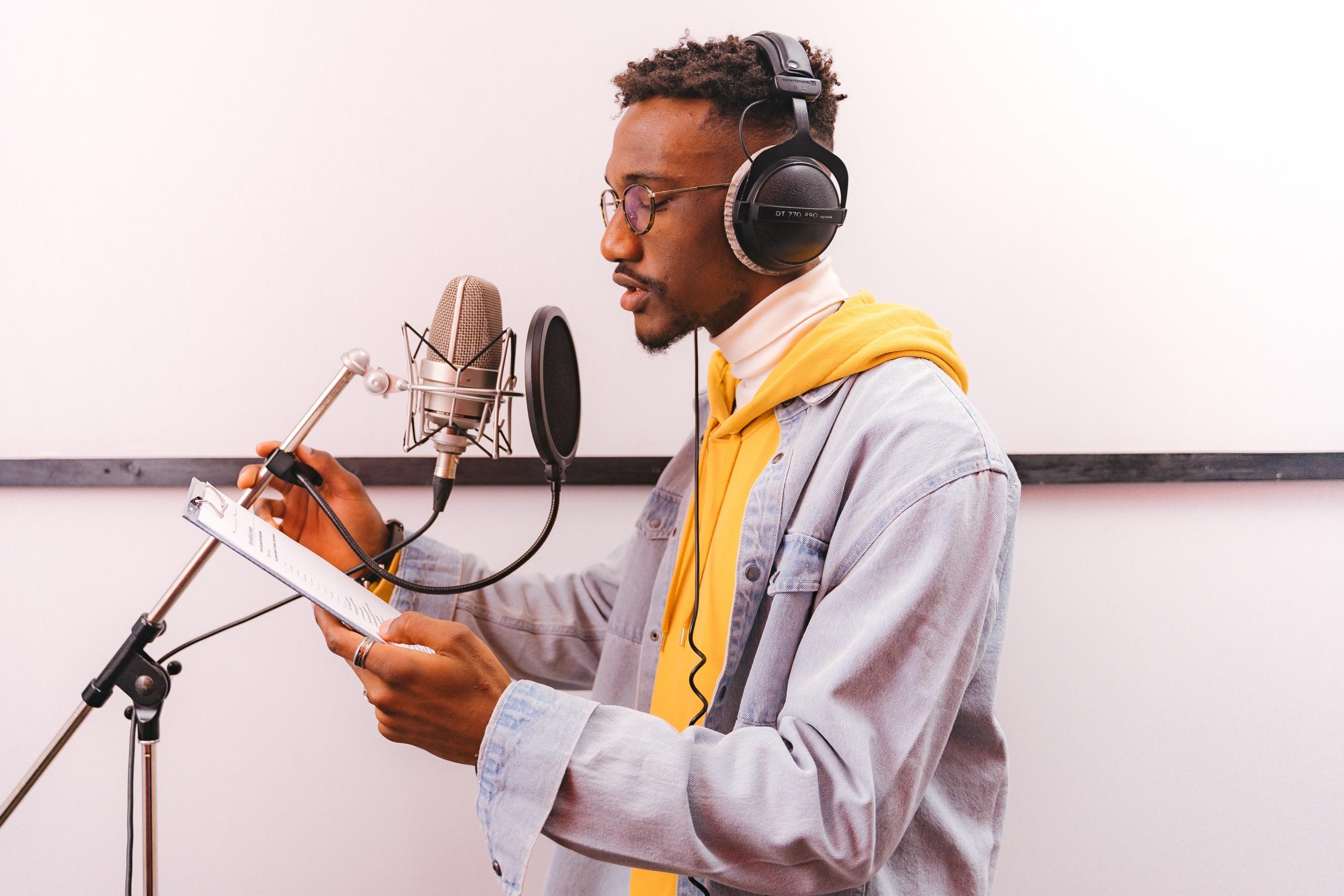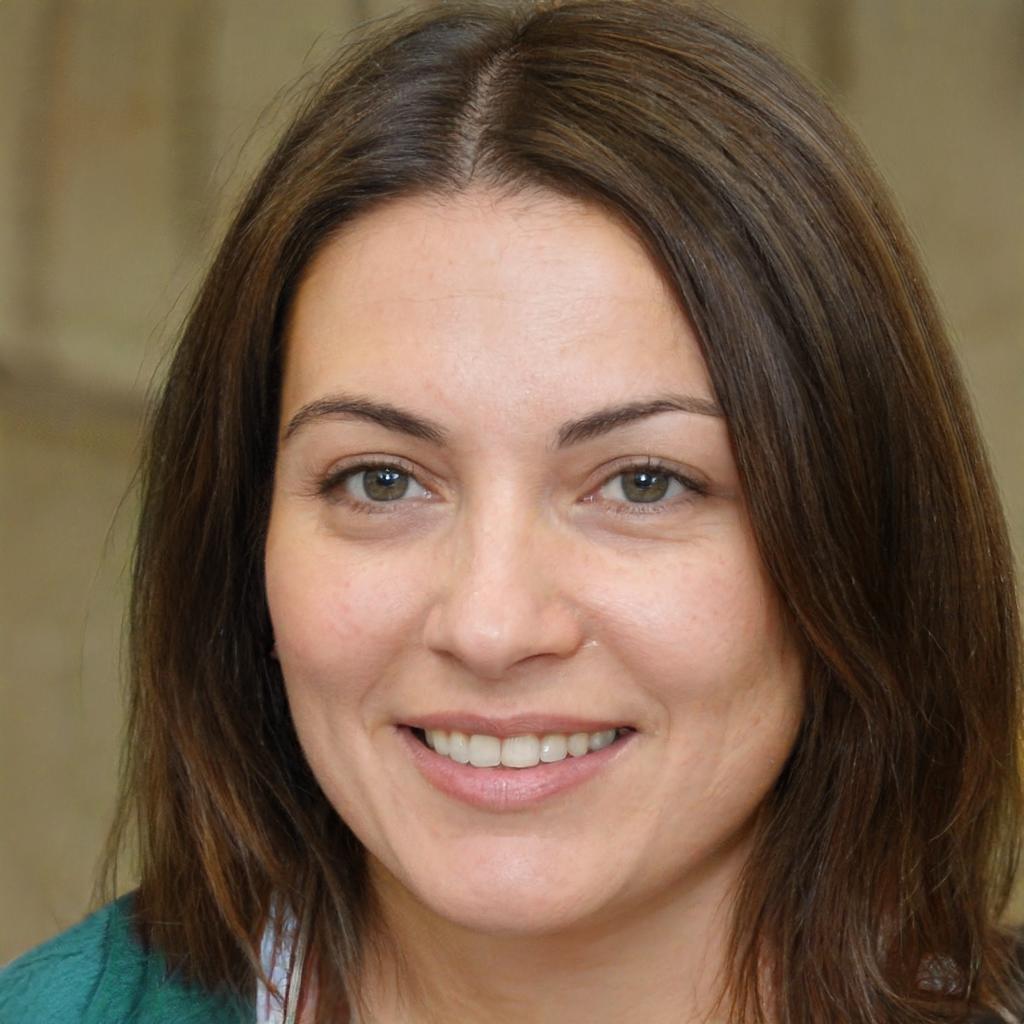Has music always been a passion of yours? Do you consider your singing voice to be one of your greatest assets? If the answer to both of these questions is ‘yes’, then you have two fantastic reasons to become a vocal coach!
Singing is a daily activity for many people, whether it’s in the shower, doing the dishes, rehearsing with a choir or taking part in musical theatre productions.
For those who make a career out of their passion for song, helping others who are learning how to sing is a fabulous opportunity to share a passion and enthuse others.
So, which qualifications are required of aspiring singing teachers?
Want to give private lessons?
Join the Superprof community and share your knowledge with inquiring and motivated students.
Do You Need a Degree to Teach Singing?
The simple answer is it depends.
The way in which you want to teach singing will determine whether or not you need a formal qualification.
If you want to give private lessons in singing, a diploma or degree is not compulsory.
However, if you want to work in a government school as a music teacher, you’ll need to achieve your National Senior Certificate (NSC) and then obtain either a Bachelor of Education (B. Ed) or a Postgraduate Certificate in Education (PGCE).
Before we look at specific qualifications for becoming a music teacher in more detail, it is important to note the necessity of a good knowledge of music theory and a good musical ability before launching your career in vocal training.
Graduating from a conservatory will give you the highest level of qualification in your chosen area of music. However, musical conservatories are notoriously selective when it comes to their applicants and aspiring music teachers usually apply to study music at a university instead.
A degree in music is probably better suited to the chosen career paths of those who aim to get into vocal coaching at a school, as conservatories generally provide training for aspiring professional musicians.
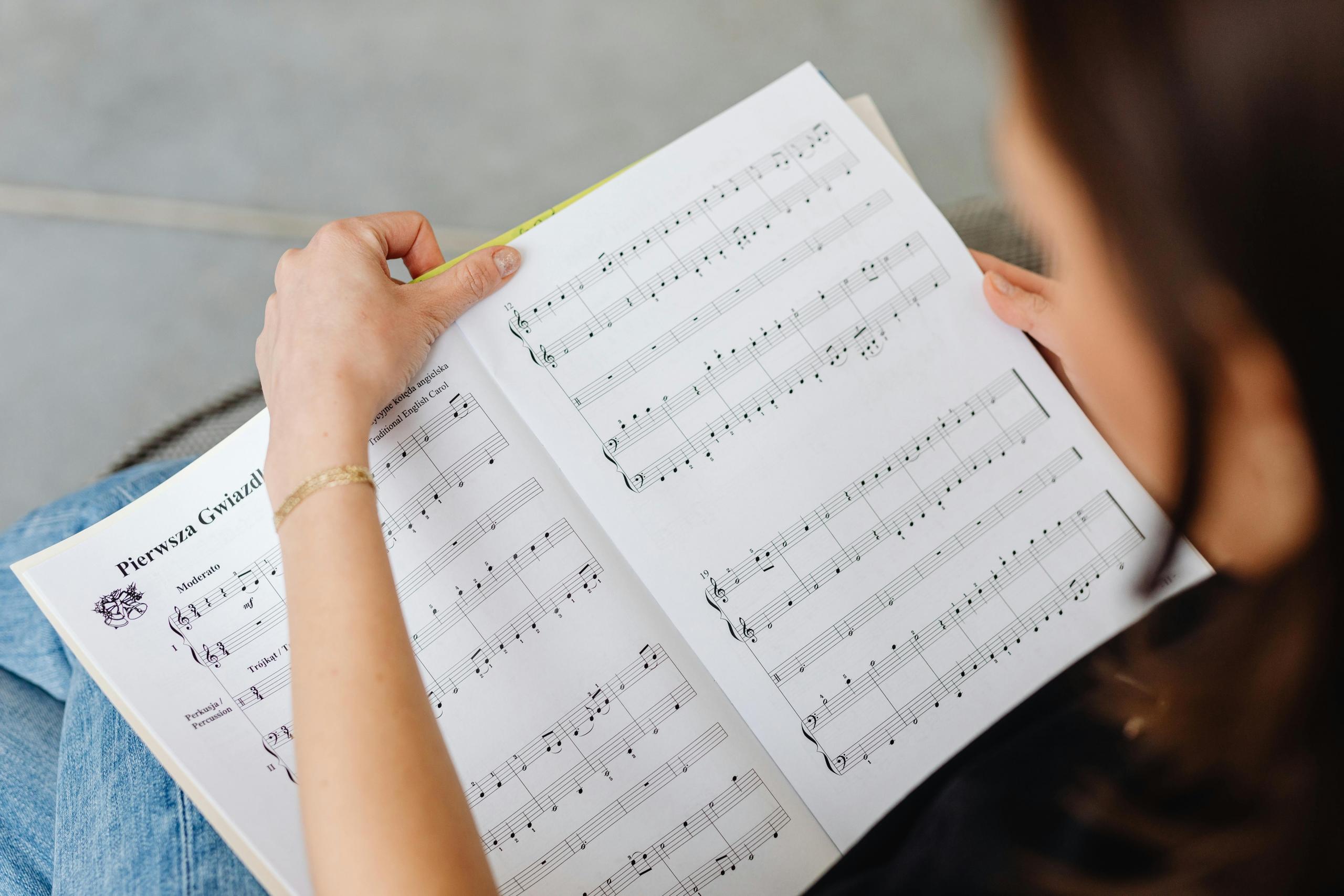
Studying Music at High School
For those who know that they want to work towards a career in music very early on, options begin opening up from the end of their academic careers. One major step on the path towards teaching singing professionally is choosing your Matric subject options at the end of Grade 9.
Here are some recommendations about how each option can help you on your way to teaching.
Gaining a Matric qualification in music is an essential step for anyone looking to become a professional musician or school music teacher.
The course content for music at matric level is varied and offers plenty of opportunity for self-expression. For example, as a matric music student, you will be assessed on your ability to perform on one or more instruments (including voice) as well as your music composition skills and understanding of musical theory, general music knowledge, and your level of musical ear training.
Your Grade 12 music syllabus will usually also involve the close study of a particular musical work. For instance, this could be the first two movements from Ludwig van Beethoven’s first symphony. The students’ knowledge of the piece is assessed in written form as they are asked to answer a question on the piece in the format of an essay.
Aside from the written part, matric level music exams also involve a test of the students’ musical listening skills, as they are played chords and asked to identify their relationship to a piece of music as well as their makeup.
An Outline of the Matric Music Final Exam Structure
If you will be sitting your Matric Finals in music, here's what you can expect.
Paper One: Music Literacy and General Music Knowledge
- Section A is compulsory and will cover Music Literacy: You can expect to be tested on topics such as theory of music, key signatures, rhythm and metre, note values, major and minor scales, technical names of scale degrees, musical composition, harmonic analysis, and harmonisation.
- Section B is compulsory and will cover General Music Knowledge: You will be tested on your knowledge of the South African music industry.
- Section C is optional and depends on your chosen stream. It will cover Indigenous African Music (IAM): This section will have you respond to questions on IAM terminology and perform an in-depth study of two prescribed works per music style mentioned in CAPS (the National Curriculum and Assessment Policy Statement).
- Section D is optional and depends on your chosen stream. It will cover Jazz: This section will have you respond to questions on jazz terminology and perform an in-depth study of one prescribed work and the relevant group or artist per jazz style style mentioned in CAPS.
- Section E is optional and depends on your chosen stream. It will cover Western Art Music (WAM): This section will have you respond to questions on WAM musical terminology, the development of opera, form analysis, symphony, symphonic poem, and concert overture.
Paper Two: Music Comprehension
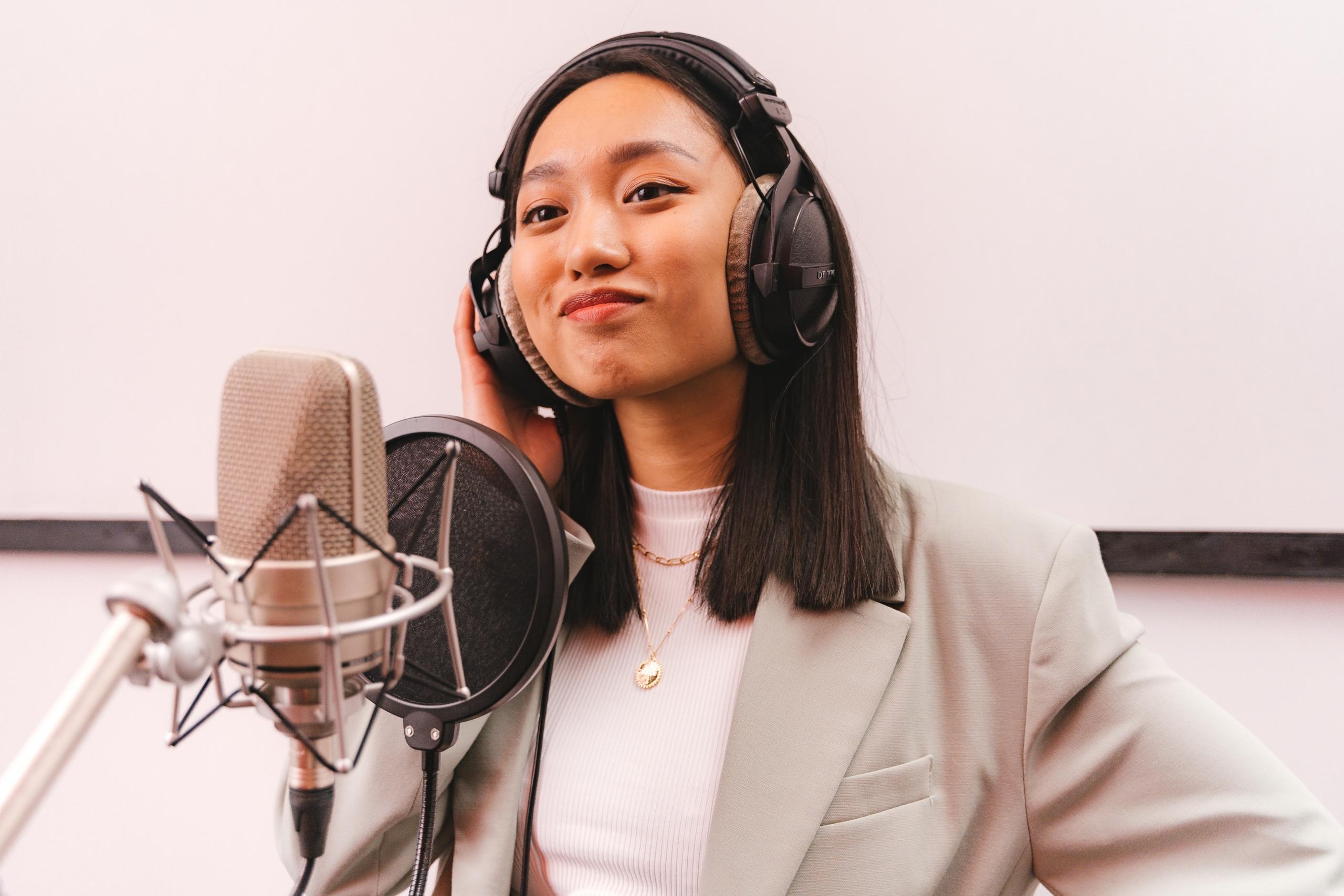
- Section A is compulsory and will cover Aural Recognition: You can expect to be tested on topics such as theory of music, key signatures, rhythm and metre, note values, major and minor scales, technical names of scale degrees, musical composition, harmonic analysis, and harmonisation.
- The questions you answer in Section B will depend on your chosen stream. It will cover Recognition of Concepts: This section will have you respond to questions on genres, style periods, instruments and voice types in IAM, Jazz or WAM.
- Section C is compulsory and will cover Form Analysis. You will be asked questions on one of the following: binary form (AB), ternary form (ABA), AABA, twelve-bar Blues, verse and chorus form, basic African forms. You will also be provided with a musical score, and you will be asked to identify keys, main sections, cadences and compositional techniques on the score.
- There will also be a Practical Performance Examination where you will perform your chosen instrument for and be assessed by assessed by a panel of two or three examiners.
The varied nature of the Grade 12 music syllabus ensures that students end their high school careers with a well-rounded knowledge of the world of music as well as an appreciation and understanding of the intricacies of musical composition.
Can You Study to Become a Voice Coach at University?
Even though it isn’t essential for tutoring jobs as a voice teacher, musical training at degree level is advised.
When you’re heading towards a musical career, studying music at a high level will open you up to a wider knowledge of the art of music and give you a deeper understanding of the musical disciplines that interest you.
Exploring the wider world of music may confirm your desire to pursue a career in teaching, or it could also help you discover a new passion.
At universities and conservatories, like lower down in each student’s educational career, teaching focuses on the practice of an instrument (including voice) as well as musical theory.
In addition, you may also study:
- The history of music
- Musical composition
- Orchestral or choral arrangement
Conservatories are notoriously strict when it comes to their admissions, and even for universities, your level of ability in your instrument is expected to be very high.
As a degree subject, music is incredibly practical to study. Students are required to perform, as well as lead performances as conductors or choirmasters. The musical leadership skills demonstrated at university are useful for future teachers who can see themselves leading ensembles.
Learn how to set your rates for singing lessons.
Community Music Programmes
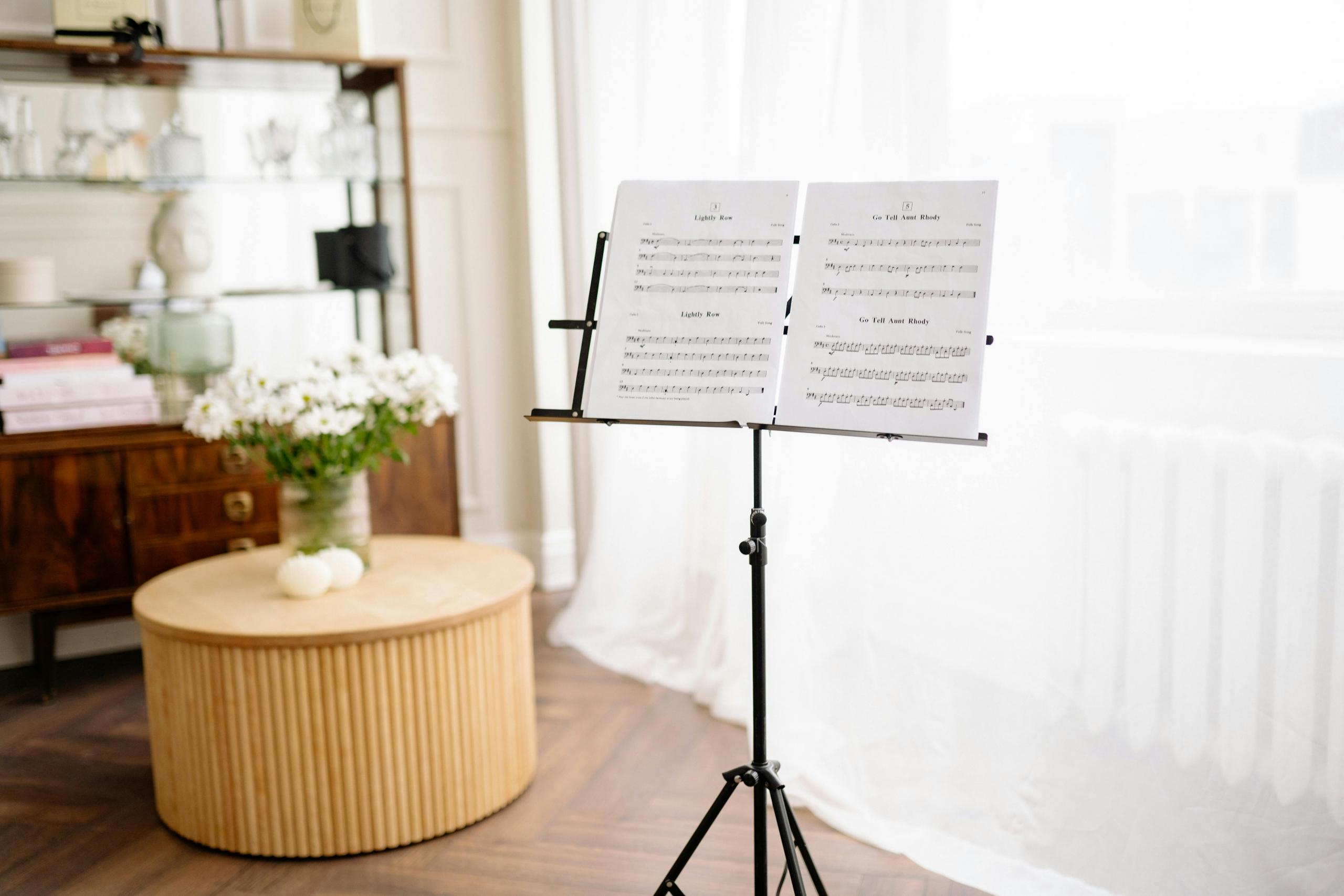
Another option for those who would like to teach singing is to offer music lessons at a community centre or school.
By offering lessons in under-resourced communities, you can inspire new young musicians, whilst pursuing your own musical aspirations.
Depending on your areas of expertise, you could teach a range of topics, which may include:
- Listening and introductory sessions for young children
- Private instrument instruction
- Group instrument lessons
- Choirs.
If you will offer a range of services, you will need to be adaptable in your approach to teaching. Learn how to prepare you singing lessons and get the right singing equipment for singing classes.
The possibilities for teaching singing are vast, regardless of the your level of qualification.
In order to fulfil your potential as a home singing teacher, it is a good idea to make the most of your personal experience (as a student of music, a choirmaster or a performer) and take inspiration from the parts of music that you love, including your preferred musical styles (such as jazz, classical, or gospel).
This will keep you motivated in your work to help your students with breath control, vibrato, moving from chest to head voice, using their diaphragm and improving their tone quality and overall confidence in themselves as they learn to sing and blossom as a vocalist.
Singing teachers in particular also have a responsibility to teach their students about maintaining their vocal health with appropriate warm-ups, breathing exercises and singing techniques to avoid the risks of straining the voice by trying to reach too high a pitch. This is proving an attractive option for former music teachers searching for jobs for ex teachers.
Being a teacher is all about putting your students at the forefront of your expertise and giving them the knowledge and skill they need to succeed in their musical careers.
So, the answer to the question about whether any certain qualification is required to teach singing depends on the chosen field and aspirations of the teacher. One thing is, however, always the same: your own musical ability must be fantastic if you want to help other achieve singing success.
Want to give private lessons?
Join the Superprof community and share your knowledge with inquiring and motivated students.
Summarise with AI:

